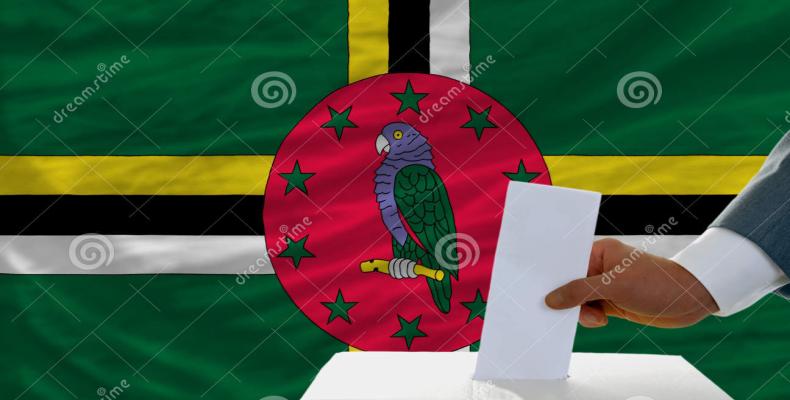Roseau, December 2 (RHC)-- Latin American and the Caribbean leaders have rejected attempts by the Organization of American States (OAS) to boycott the general elections that will be held in Dominica on December 6th.
The OAS and its Secretary-General Luis Almagro "are enemies of the democratic and progressive forces of our continent," said Prime Minister of Saint Vincent and the Grenadines, Ralph Goncalves. He also recalled that the OAS has made interventionist statements against Venezuela, Cuba, and Bolivia, which appear to be a replica of Washington's standard discourse against leftist governments.
In the case of Dominica, a Caribbean state that has been led by the Labor Party in recent years, the OAE has held positions that subtly support the opposition Unified Workers Party (UWP) leader Lennox Linton, who has been demanding an electoral reform before the upcoming elections.
Supported by the country's most conservative sectors, this opposition group has been trying to create confusion, fear, and chaos so as to delegitimize in advance the validity of the election results.
The OAS-UWP actions seem to follow a sequence very similar to the strategy used in Bolivia, which began by questioning the victory of the Movement Towards Socialism (MAS), then continued to proclaim in advance the existence of fraud and, finally, culminated in performing a coup d'etat on behalf of "democracy."
"If they believe the elections are held unconstitutionally, they can go to court," Goncalves said and added that they will not possibly be taken seriously because "these elections are conducted properly." Likewise, the Bolivarian Alliance for the Peoples of Our America-Peoples' Trade Treaty (ALBA-TCP) described OAS actions as intolerable examples of interference in Dominica's internal affairs. "Dominica is the next objective of Almagro and the OAS. They want to do what they did with the elections in Bolivia."
Prime Minister of Antigua and Barbuda, Gaston Browne, who is also president of the Organization of Eastern Caribbean States, questioned the feasibility of implementing an electoral reform just a few weeks before general elections. Besides pointing out that there is no constitutional crisis in Dominica, Browne explained that it is not practical to extend the elections beyond December 6th because a political conflict could arise if the five-year requirement is postponed.


